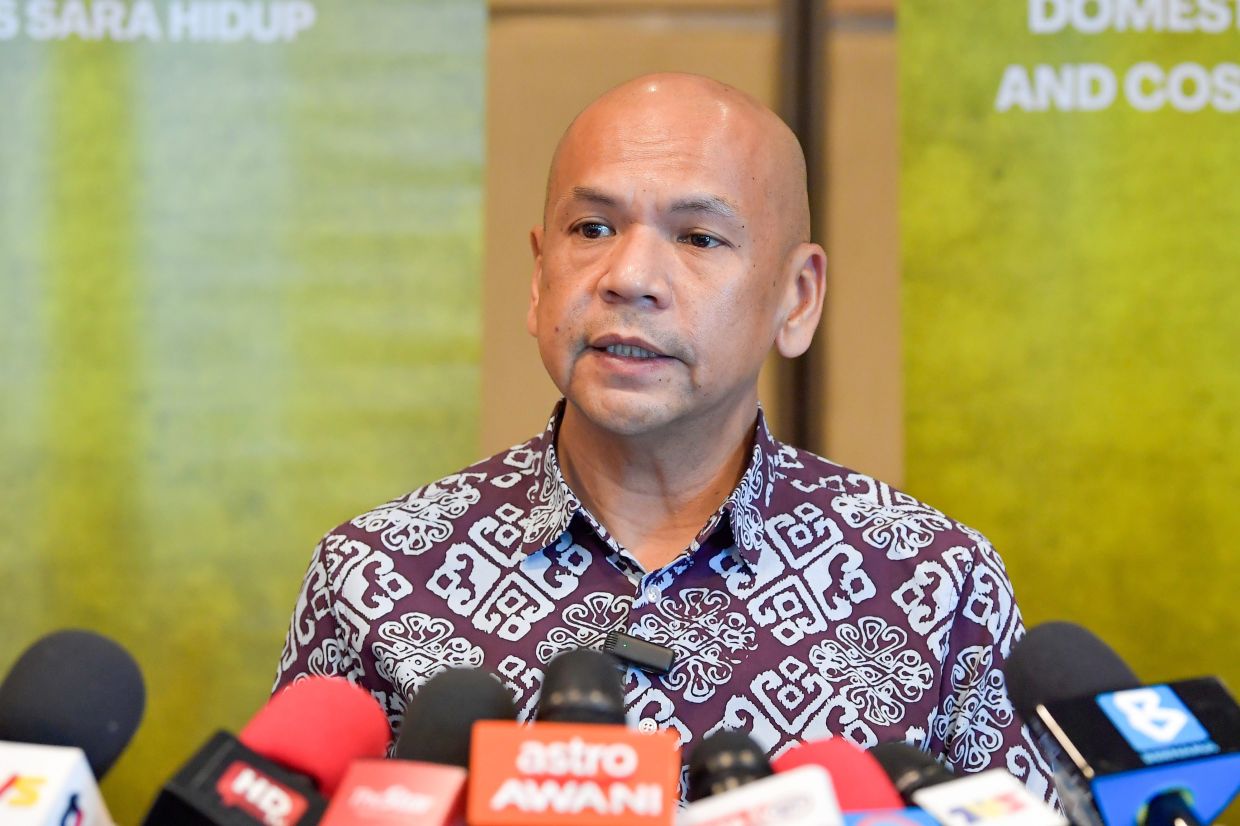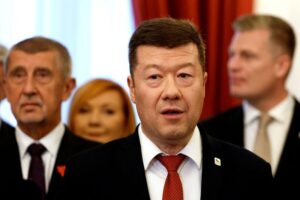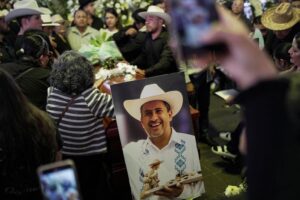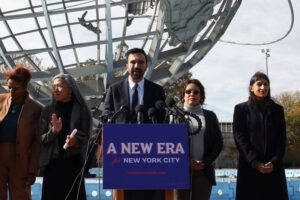KUALA LUMPUR: Ongoing long-term measures are in place to stabilise the supply chain and curb price surges after subsidy rationalisation, says Datuk Armizan Mohd Ali.
The Domestic Trade and Cost of Living Minister said stabilising the supply chain is a shared responsibility with several ministries, including the Agriculture and Food Security Ministry.
He said the focus is on essential goods across production, distribution and retail under the Control of Supplies Act 1961 and the Price Control and Anti‑Profiteering Act 2011.
“Current measures include the Inter‑Ministerial Technical Committee on Price and Supply Stabilisation and festive season price controls on essential items,” he said.
“The ministry has also expanded public access to basic necessities through the Rahmah Madani sales programme and the Essential Goods Distribution Programme in rural areas,” added Armizan
He said this in a written reply on Wednesday (Oct 8).
Armizan was responding to Datuk Seri Ir Dr Wee Ka Siong (BN‑Ayer Hitam) on long term plans to stabilise the supply chain after subsidy rationalisation.
Dr Wee also asked about enforcement effectiveness to stop traders passing extra costs to already burdened consumers.
Armizan said the government is focusing on long-term strategies under the 13th Malaysia Plan.
Under the Strengthening the Food Supply Chain initiative, he said improvements include infrastructure, retail empowerment, a price transparency platform and stronger enforcement.
“This includes a price and supply repository system to ensure transparency across the supply chain,” he said.
He said the system can be used by enforcement to curb price manipulation.
Armizan said the Subsidised Diesel Control System and the Subsidised Petrol Control System were implemented to address price risks after subsidy targeting.
Through these systems, public transport and selected goods transport sectors continue receiving subsidised diesel and petrol.
He said enforcement under the Price Control and Anti‑Profiteering Act 2011 will be intensified to prevent profiteering and unfair cost transfers.
The ministry warned that parties found manipulating, misappropriating or smuggling RON95 under the Control of Supplies Act 1961 and regulations will face action.
Armizan said subsidised fuel transactions are recorded digitally from oil companies, stations, firms and individual users.
He said this integrated digital approach enables faster, more effective monitoring and action.






